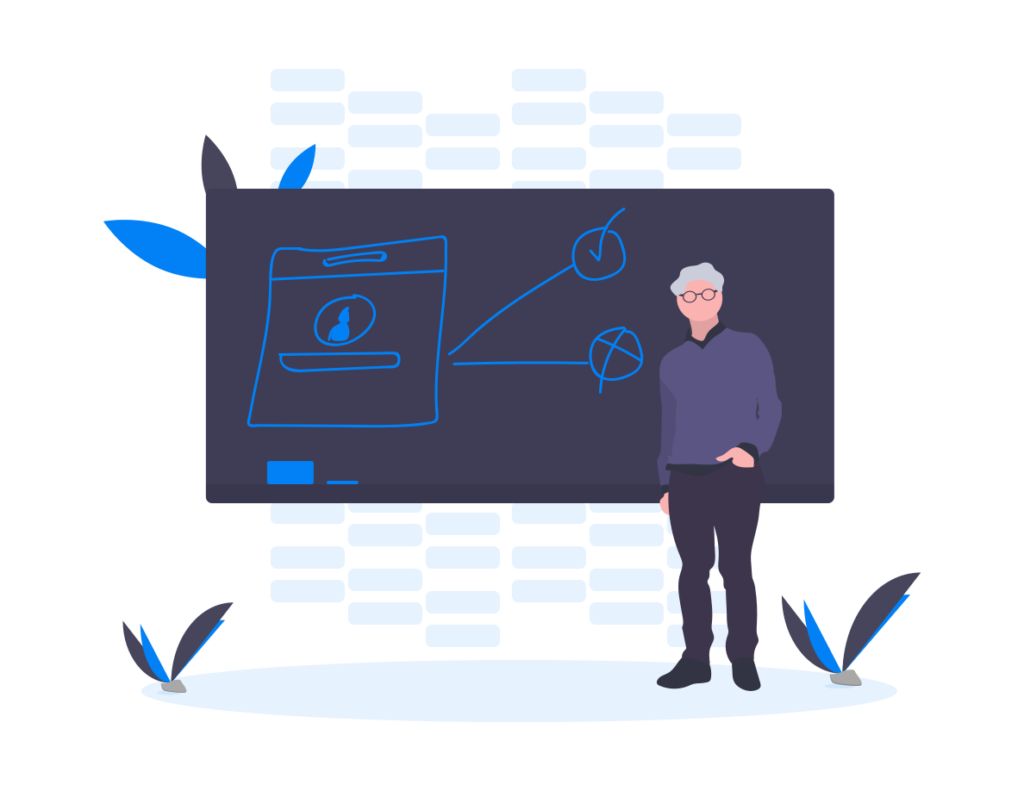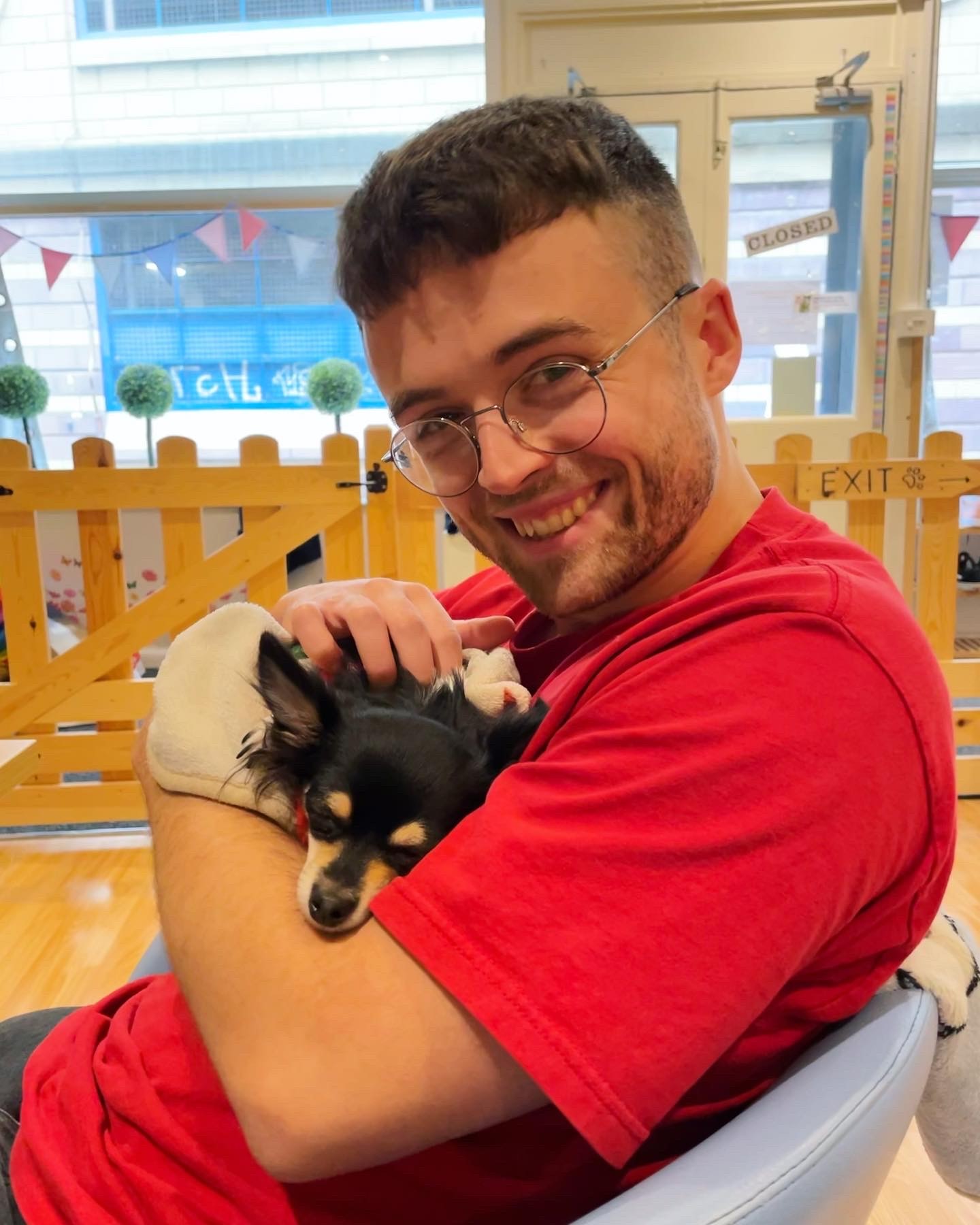Life at university can really feel like a whirlwind, especially as a medical student. Even more so as a medical student who isn’t from a medical family! In your first few years at med school, you’ll be going through your pre-clinical years. These are the “proper student” years – going to lectures and seminars, reading books, learning new things every day, the works! Many people aren’t sure what to expect when they first start at medical school, so why don’t I tell you a little about how my preclinical years went?
My Background
But first, a little about me! I’m a medical student at Newcastle University who is currently intercalating in a masters in immunobiology. I came to medical school following a gap year that was taken by necessity rather than choice – I decided to do medicine just before the application deadline and had no work experience or idea of the application process. I filled the gap year working as a healthcare assistant at a care home and then at a hospital. This was really good experience, but the year-long break from education meant I was nervous when I started medical school the following September. I’m also the only person in my family to receive medical training. I didn’t know anyone doing medicine, so my expectations were based mainly on what I’d read online.
My Experience
A lot of people think medical school is incredibly hard work, where medical students do very little other than work and sleep. I initially came to medical school worried I’d have to sacrifice any social life in order to get through it.
While this is somewhat based in truth, the reality of life as a medical student is a lot brighter. Medical school is hard work, but it’s manageable. Most medical students can do extracurricular activities like sport and hobbies alongside the course. Some of us even hold down part-time jobs!
Medical school, especially the pre-clinical years, is more like a marathon than it is a sprint race. The thing that makes it difficult is not always what you’re expected to know, but how much you’re expected to know. The sheer volume of information that is presented to you can seem overwhelming, especially at first. The skill most people learn is managing to determine what information is useful and what information is not.
We use the term high-yield a lot as medical students – this is information that is important, likely to come up in exams and relevant to the future job. In the beginning, it can be hard to filter out the high-yield from the low-yield. Over time, though, it becomes easier to see what is worth spending time on and what is not.
Another aspect of medical school that I wasn’t expecting was how much I was expected to do on my own. Lectures and seminars did take up a significant amount of time, but I was putting in at least double the hours into self-directed learning to keep up. Not everyone will need this much time, and some people will need more. Learning to work at your own pace is another skill that you develop as a medical student.
The final thing I’d mention from my early experiences at medical school is the change in responsibility and expectations. You will hear the term ‘professionalism‘ used a lot, and it essentially describes the expected behaviour and conduct of medical students. For the most part, this means attending compulsory sessions, being polite with patients and not doing anything illegal, the concept of your behaviour being watched can be intimidating for new students. The key message I’d say in regards to this is to try not to worry – the vast majority of medical students get through without any marks on their professionalism record and still manage to have a fun time at university. You can still be yourself, express your opinion and go out!

Things I wish I’d known
Find your own style of working! In my first term, I went to all of my lectures and wrote as much down as possible. The problem was that I am someone who struggles to stay focused for long periods. I’d invariably not learn as much as I wanted to from each lecture. Eventually, I found I’d gain more out of spending the allocated time for a lecture in the library reading around the subject and using the lecture recordings afterwards. The point of this isn’t to say you should skip all of your lectures, but that you should find your groove when it comes to your work.
You should also find interests outside of medicine. The workload on medical students can become overwhelming, and you may start to feel like you do very little else. For this reason, I found it really important to also prioritise hobbies and sports outside of medicine. Universities will offer a variety of sports clubs or societies, some of which will be open to beginners. Outside of sport, most universities have huge numbers of societies for all kinds of things. There’s plenty of opportunity to have interests outside of medicine!
Another key step is to look after your mental health. The beginning of university is an exciting time but also a significant transition period, and this can mean students are vulnerable to experiencing mental health problems. Universities offer mental health support such as counselling and referral for further therapy, and there are also online and local charities and other services offering support. Most universities also have a student-led mental health hotline that provides support for students through the night.
Useful Resources
I found these (mostly free) online resources really useful during my pre-clinical years, especially for exam revision.
- – Geeky Medics – large resource, particularly useful for OSCE preparation as there are several articles and videos for lots of different OSCE stations. They also now have a bank of SBA questions, some of which would be useful for pre-clinical students.
– Passmedicine – large question bank of SBA questions, free to use for pre-clinical topics.
– Quesmed – another SBA question bank, some free sample questions, otherwise subscription based.
– OSCEstop – free collection of OSCE revision notes and checklists
– Teachme series – high-yield articles on anatomy/physiology/surgery/obgyn, presents information in a clear way
– Youtube channels:- — Armando Hasudungan – excellent explanations of pre-clinical topics
- — NinjaNerdScience – also excellent explanations of pre-clinical topics
- — Dr. Minass – very clear and easy to follow embryology video
Summary
- – Pre-clinical years take up the first few years of medical school and are mostly lecture-based, with topics such as anatomy, physiology and pathology being taught to provide a base of understanding for the clinical years to build on.
– Medical school is hard work but most people manage to balance the workload with other hobbies and interests.
– Learning to prioritise what information is important and what information is less important is a key skill in medical school.
– While expectations in terms of behaviour and conduct of medical students are a bit greater than for other students, the majority get through without any issue and still manage to have a good time.
– There are lots of useful online resources that most medical students use, especially when it comes to revising for exams.
